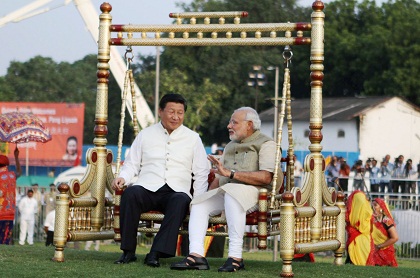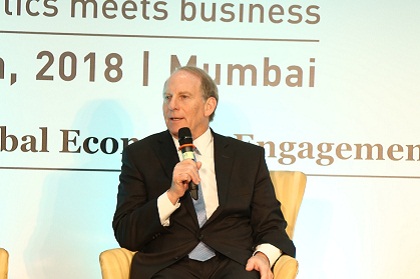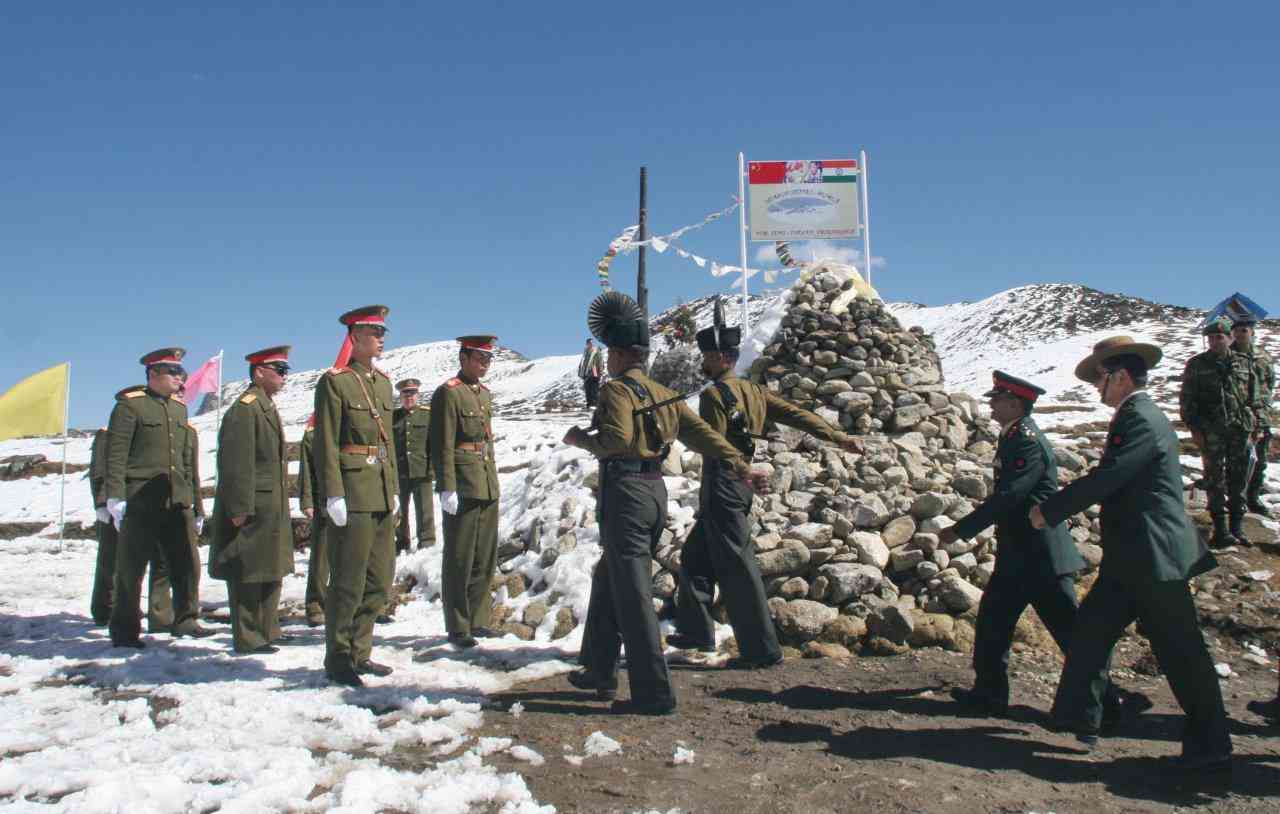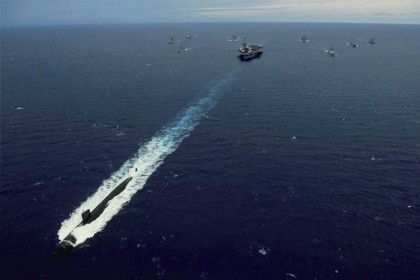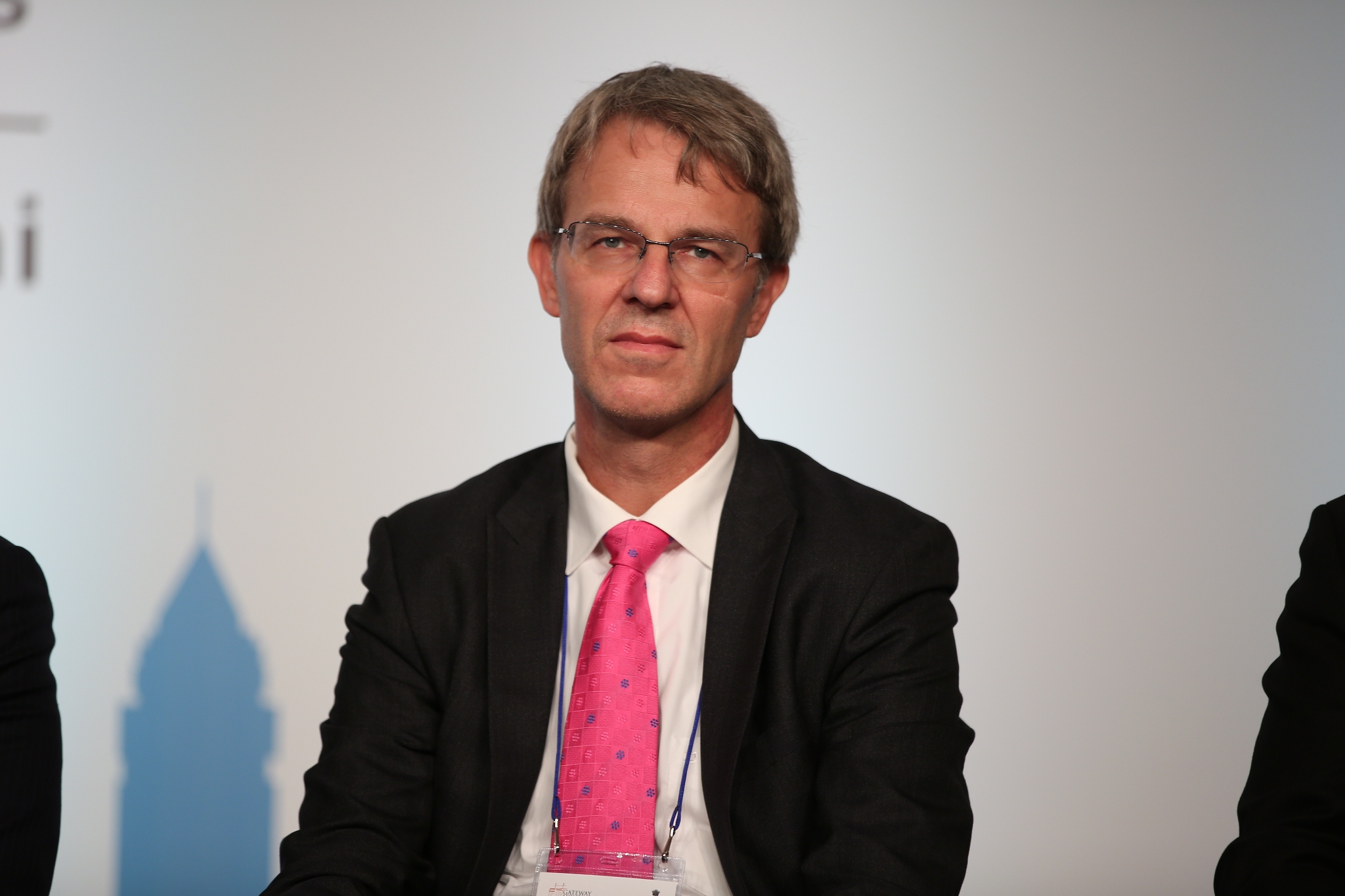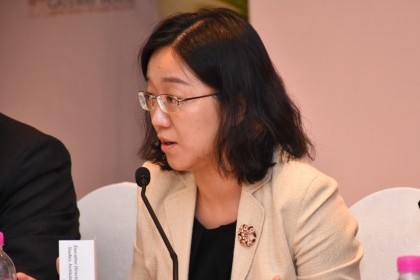Modi, Xi take charge
The leaders of India and China have decided not to leave the bilateral relationship to bureaucrats or ministers, but instead handle it themselves at the very top. The April 27-28 meeting promises to be a game-changer as Xi Jinping has accepted the need to improve ties with India as a priority

